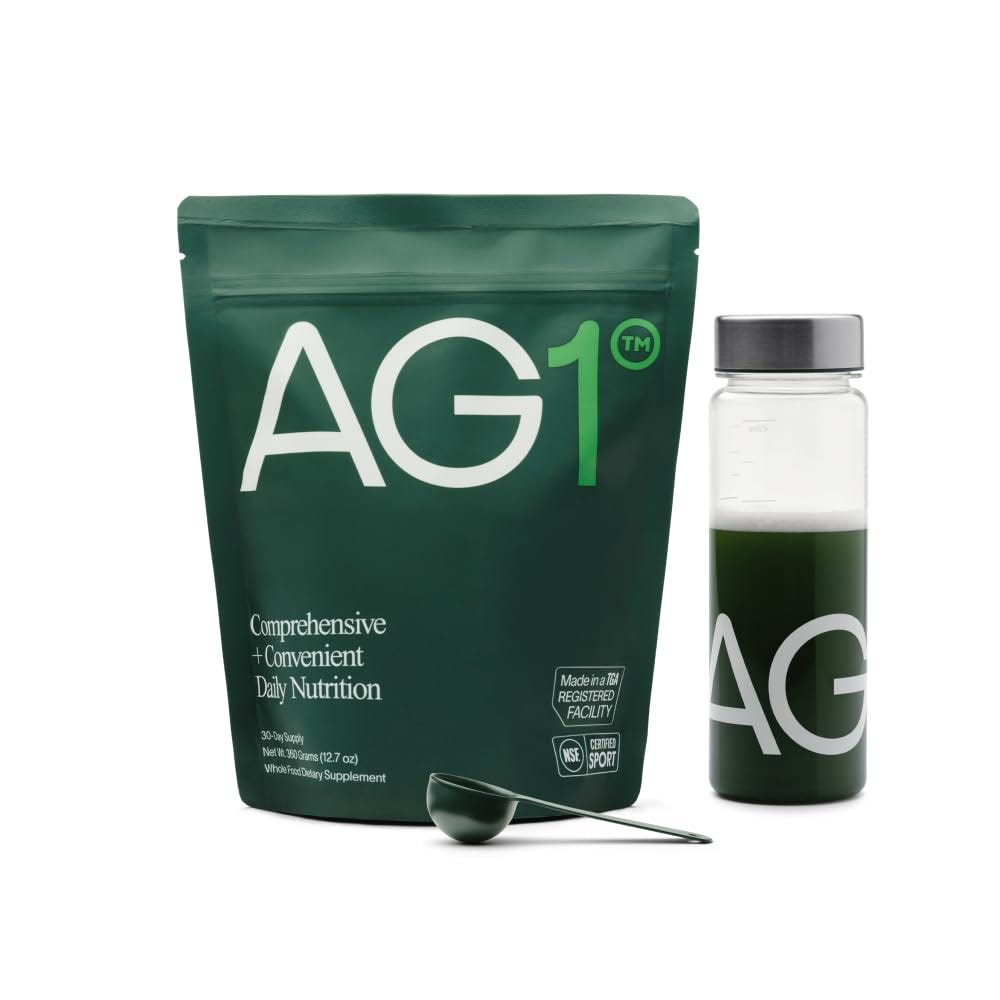Borrowed Science in the Supplement Industry
A Health Enthusiast’s Wake-Up Call
Picture this: You’re strolling down the supplement aisle, surrounded by promises of glowing skin, endless energy, and a gut that feels like a million bucks. The labels are flashy, the claims are bold, and it’s tempting to grab that bottle of green superfood powder that everyone on social media is raving about. But here’s the kicker—not everything that glitters in the supplement world is gold. And even more critically, what works for one person might not work the same way for you.
The $300 Billion Industry: Where Science Meets Sales
First, let’s get one thing straight—the global nutraceutical market is a behemoth, projected to hit over $300 billion by 2026. That’s a whole lot of green juice and wellness shots! With so much money on the line, it’s no wonder that the industry is filled with products that claim to be the next big thing in health. But here’s the rub: not all of these products are backed by solid science. Many rely on what we call “borrowed science”—a sneaky way of making something sound more effective than it really is.
Understanding Borrowed Science and the Role of Bioavailability
Borrowed science occurs when legitimate scientific research is taken out of context or misrepresented to sell a product. This practice is common in the supplement industry, where companies use studies on individual ingredients to make bold claims about their final products. However, just because an ingredient has been tested and shown to work in a controlled setting doesn’t mean it will have the same effect in a different context, especially when mixed with other ingredients.
Think of it like food pairing. Some foods, when combined, can either unlock more nutrients or, conversely, reduce their effectiveness. Take turmeric, for example. Curcumin, the active compound in turmeric, has powerful anti-inflammatory properties. But curcumin isn’t easily absorbed by the body on its own. That’s where black pepper comes in. Piperine, a compound in black pepper, can increase the absorption of curcumin by up to 2,000%. Without the pepper, your body might only absorb a fraction of the curcumin’s benefits.
Now, imagine a supplement that touts the benefits of turmeric for inflammation but doesn’t include any black pepper or other bioavailability enhancers. Even if the supplement contains a good amount of turmeric, your body might not be able to access those benefits effectively. This is borrowed science in action—the product is leveraging research on turmeric’s benefits without accounting for the critical role that food pairing (or in this case, ingredient pairing) plays in making those benefits accessible.
This concept of bioavailability—how well and how much of a supplement’s active ingredients your body actually absorbs and uses—is crucial. Factors like your gut health, the integrity of your gut lining, and even your genetics can all affect this process. So, while a supplement might work for one person, someone else might not experience the same benefits at all.
Poppi: The Gut Health Savior?
Take Poppi, for example. This prebiotic soda has been making waves for its supposed gut health benefits, thanks to its star ingredient, apple cider vinegar. You’ve probably seen it all over Instagram, touted as a must-have for better digestion. But before you stock up, let’s dig a little deeper.
Apple cider vinegar does have some research backing its benefits, like helping with blood sugar control. But here’s the thing: the studies that show these benefits involve consuming much larger amounts than what’s found in a bottle of Poppi. A study published in the Journal of Functional Foods found that two tablespoons of apple cider vinegar daily could help with weight management and blood sugar levels. But guess what? Poppi contains just a fraction of that amount. So while the science is there, the product might not be delivering as much as it promises.
And then there’s bioavailability—how well your body absorbs the apple cider vinegar in Poppi can vary significantly from person to person, affecting whether you see any benefits at all.
Athletic Greens: The All-in-One Solution?
Then there’s Athletic Greens, the green powder that claims to be your one-stop shop for all things nutrition. With a blend of vitamins, minerals, and superfoods, it’s marketed as the ultimate way to boost energy, improve digestion, and support overall health. Sounds amazing, right? But here’s where things get murky.
Athletic Greens uses proprietary blends, meaning they don’t tell you exactly how much of each ingredient is in there. This makes it tough to know if you’re getting enough of the good stuff to actually see any benefits. Plus, some of the claims are based on studies where the ingredients were used in much higher doses than what’s likely in your scoop of greens. For example, research on spirulina shows benefits at higher doses than what you might get from a daily serving of Athletic Greens.
But let’s not forget that your body might not respond to Athletic Greens the way someone else’s does. Maybe your gut doesn’t absorb certain nutrients as well as others, or maybe your genetic makeup means you process some vitamins differently. This is where the concept of responders and non-responders comes into play. Some people will see noticeable benefits from a supplement, while others might not notice any change at all.
Navigating the Supplement Jungle
So, how do you avoid falling for the hype and make sure the supplements you’re taking are actually worth your time (and money)? Here’s a game plan:
Do Your Homework: Before you buy into the latest trend, take a moment to research the ingredients. Check out PubMed to see if the science supports the claims. Don’t just rely on the label’s promises—dig into the actual studies.
Look for Transparency: If a product uses proprietary blends, it might be hiding something. You want to know exactly what you’re putting into your body, so look for products that list their ingredients and dosages clearly.
Check for Independent Research: Not all studies are created equal. Independent, peer-reviewed research is your best bet for finding out if a supplement really works. Websites like Cochrane Library offer unbiased reviews of healthcare products, including supplements.
Test It Out for Real: Platforms like Tastermonial
are changing the game by offering real-world testing of supplements. They use objective data from wearables, lab tests, and other validated tools to measure the actual effects of a product, all supported by a panel of independent scientists. So instead of relying on vague marketing claims, you get real data on how a supplement works for you—because your body might respond differently than someone else’s.
The Bottom Line
Borrowed science is like a magic trick—flashy and impressive at first, but not quite what it seems when you look closer. The supplement industry is full of products that sound amazing, but it’s up to you to separate the real deal from the smoke and mirrors.
Remember, your health journey is personal and too important to be guided by anything less than the truth. Your body is unique, and what works for others might not work for you. So next time you’re tempted by that shiny new supplement, take a step back and do your research. Because when it comes to your health, you deserve more than borrowed promises—you deserve results that work for you.
Stay curious, stay informed, and keep making those smart choices that truly support your wellness.





